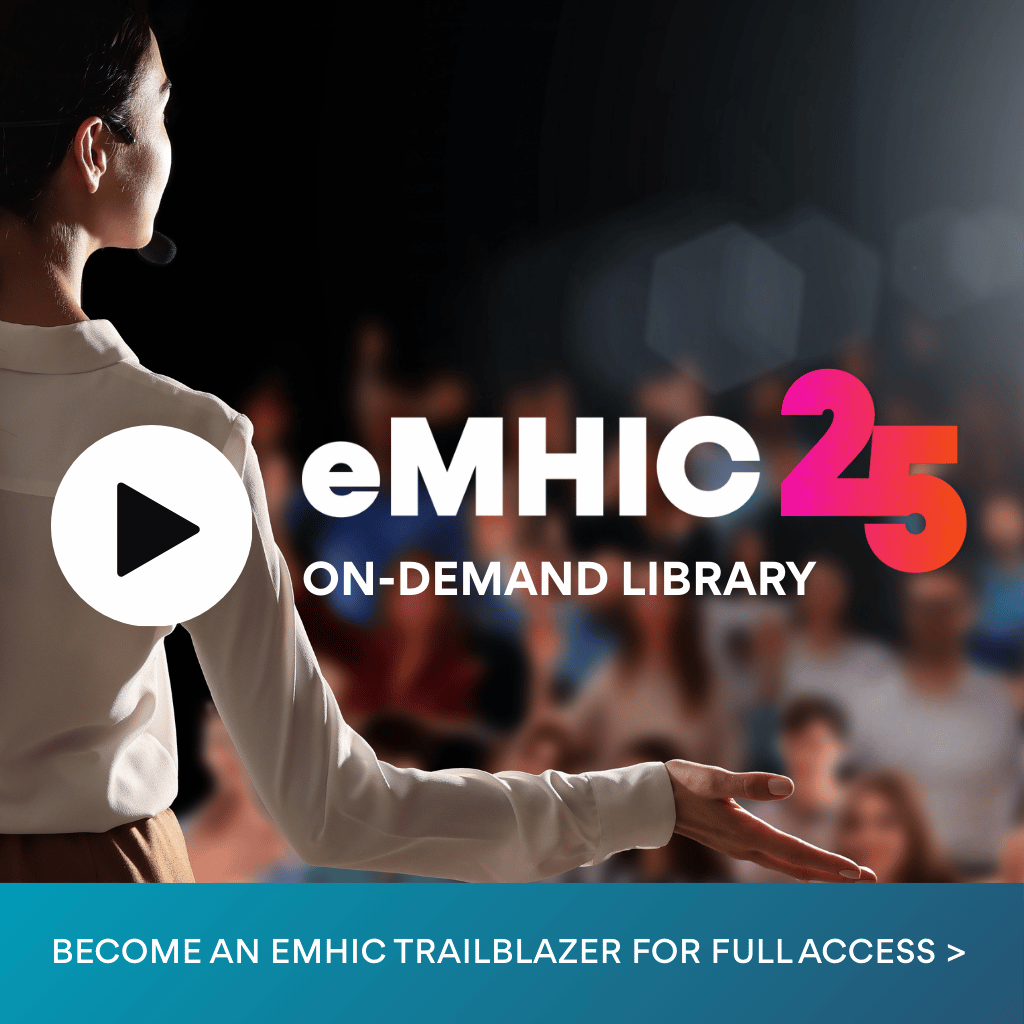“a cup of black coffee, 1 scoop of protein powder in water with half a banana and 1 tbsp of peanut butter… a cup of black coffee, 1 scoop of protein powder in water with half a banana and 1 tbsp of peanut butter..” The spiraling thoughts of the mid-morning breakfast recap were so loud that I couldn’t even hear the phone ringing in my office.
For years, I had been in this deeply ritualistic daily dance with my mind, with every morsel consumed, with every movement made to counteract the calories ingested.
A part of me knew that this was maladaptive. Somewhere in the back of my mind, there was a quiet voice trying desperately to be heard. Yet each time they took the microphone, they were drowned out by this loop mixed with the re-winded praise that had so long soothed that pain. The pleasant memories of compliments, of validation for these miraculous changes in my body, played on repeat to remind the hunger that it was worthwhile, that I was worthy.
At this time in my life on top of hours listening to this internal playlist, I was also listening to a lot of podcasts. Mostly health and wellness content. Mostly led by men. Their encouragement felt reassuring, their expertise vindicating that my time was well spent.
However, on this one afternoon, I tried something new. I had been recommended a personal development podcast on social media and with curiosity, I put it on on my walk to the office.
The guest, a woman my age, started sharing her story; opening up about this battle waging war inside her mind. She spoke to her fixation on food, her constant exercise, her rejection of anything that could not be calculated, her loss of concentration, her inability to shift to other topics even with her closest friends and most heartbreakingly, her loss of so many memories because she skipped key events for fear of what might be on the menu.
I was in tears.
Not just because I was sad for her but because all of a sudden, I was sad for me.
It was as if she was speaking directly to me; as if she knew where all the secrets, the shame and the deep anguish were hiding.
She gave voice to things I couldn’t even admit to myself let alone seek support for.
She put up a mirror, making my own experiences clear to me for the first time.
She gave it language, a name, a set of resources to check out, recommendations that worked for her and ultimately, a reminder that it could get better.
My eating disorder recovery journey started that day.
Stories are powerful.
They show us that compassion for others can be the window into grace for ourselves.
They connect us with other people when for so long we have felt isolated.
They give permission to explore solutions, implement new strategies, to seek support.
They humanize data and research, giving context and personhood to the statistics that we often hear parroted back to us through medical journals and TED Talks.
While this sounds intuitively true and simple to conceptualize (many of us tear up at a commercial showing someone suffering with their health yet do not have the same reaction to diagnostic data flashing across the screen), there is a great deal of research to substantiate the power of storytelling for the audience, for the storyteller and for systems change.
The benefits of storytelling for the audience
We have all felt inspired, and overcome by awe at the resilience we see demonstrated through someone who has accomplished a remarkable feat or overcome a significant obstacle. Yet, for someone connecting with a story of mental health, research shows that stories that highlight recovery and coping strategies not only make us feel more hopeful, they actually empower us to seek help.
By witnessing someone that you relate to both navigate a mental health challenge and speak honestly about what has assisted them along the way, we are reminded that we too may be capable of that healing, leading to action steps and a willingness to try the strategies that have had positive impacts on the storyteller’s journey. This reflection also leads to a reduction in self-stigma for the audience, lessening their fear of judgement as they too look at access to resources.
While stories shared around the dinner table or live on a stage can move us, there is research highlighting that sharing stories through platforms like social media, reaching a broader network, enables more people to not only connect with but better understand mental health. This widening of the audience helps to enhance mental health literacy, reduce greater social stigma and establish spaces for more inclusive conversations about what mental health looks like in communities across the world.
The benefits of storytelling for the storyteller
While we often look to the number of people interacting with stories to determine the level of impact that a story has had, it is critical that we also reflect on the other side of this shared two-way communication.
There are a variety of reasons why someone may choose to share their story. They may want to inspire hope, they may want to share tools and strategies to get more people connected to services, they want others to feel less alone as they would have wanted for themselves when they were in their lowest of places, they may want to celebrate how far they have come and motivate others to join them along their journey. Whatever the reason, there is research to showcase how sharing your personal narrative can lead to a variety of positive side effects.
Researchers have found that people who share their lived experience are able to better process and make sense of their experiences, leading to emotional relief and healing. Reflecting on stories of overcoming adversity can also act as a reminder to storytellers of their coping strategies, increasing their feelings of resilience and leading to increased self-esteem. It has also been demonstrated that those who share their stories with others, especially those that they perceive to have had similar experiences, cultivate a greater sense of belonging, reducing feelings of isolation and promoting a more optimistic outlook.
In addition to improving the way that we see ourselves through activities that encourage meaningful self-reflection and deeper self-awareness, sharing our stories can enhance compassion as reducing our self-judgment can help us to foster grace for others. This elevated empathy can also come from recognizing our personal growth, reminding us that others are capable of change and that while we have fought tirelessly to get our hurtful internal monologues to turn down the volume, others may be working on the same journey towards greater kindness towards themselves.
Using storytelling to create systems change
While patient advocacy and advisory groups have been around for some time within the medical system, spaces where clinicians, physicians and policymakers can come together to hear first-hand stories from those with lived experience navigating their mental health and more importantly, mental health systems, is still quite rare.
While a lived experience panel may be on the agenda as a concurrent session somewhere in the late afternoon at many mental health conferences, the centering of lived experience as a form of expertise, a source of deep understanding and innovative solutions to complex systems challenges still has a long way to go.
By curating spaces where those who have been recipients of our mental health care services with those who are designing and delivering care, has the potential to create significant shifts in thinking leading to impactful changes for those accessing support.
Research shows that by incorporating lived experience into mental health care, clinicians gain a deeper insight into their client’s struggles, leading to more empathetic and personalized care.
On a macro level, humanizing the patient experience through personal narrative can lead to increased understanding on the part of institutional leaders and policymakers on the gaps, intervention barriers and potential creative solutions that will lead to improved outcomes for both everyone involved.
While data can be shared on this topic through consolidated, disaggregated survey results, having someone share directly, amplifies the connection leading to an even more person-centered perspective around the way that we interact with those seeking mental health care.
From the way we speak about mental health, to incorporating other health supports into the systems of care (nutrition, movement, sleep, social interaction etc..) to imbedding peer support into the care offerings, the possibilities for big and small systems alterations when brought into the conversation by people with lived experience are vast and have the potential to significantly shift the way support is provided.
So now that we have demonstrated just how transformational storytelling can be, I want to end with a bit of a full circle moment.
Once I was a couple of years into my recovery, I felt called to share my experience. I did so a few times on my social media and with a couple of articles on minor publications however in December 2022 during a conversation with a friend, I was introduced to Unsinkable.
Unsinkable is a national Canadian charity founded by Olympian and mental health champion Silken Laumann that was created as a place to harness the power of storytelling to bridge the gap between those struggling with their mental health and steps towards mental wellbeing.
My friend let me know that they were actively looking for new storytellers and sent me a link to the website.
Overwhelmed by an urge to help the past me sooner along the continuum of suffering, I applied.
I authored my story and in March 2023, it was published on the platform.
I walked away from that opportunity relieved that maybe, just maybe, someone else would connect the dots of their own hard times and start the conversation leading them towards healing.
A few weeks after my story was shared online, not only did I receive messages from strangers thanking me for my vulnerability, I received one from an acquaintance. She opened up, sharing that through my story she was finally able to admit to herself that she had been suffering and wanted to get my feedback about the next steps.
From one story I heard years earlier, I began healing. From my healing spawned my story, which led to this awakening for another person in my life.
Only a brief time after I received that email, I noticed a job posting on LinkedIn, Executive Director for Unsinkable.
Now I am in a fortuitous position to take this passion for story, this incredibly personally resonant aspect of my life and my career and help grow it through our work at Unsinkable each day.
Stories are powerful.
Everyone has one and each time we share we dim the intensity of our isolation in favour of even the faintness glimmer of connection.
If you are interested in joining our community of storytellers visit https://www.weareunsinkable.com/storytelling
If you are seeking to connect with the stories of others visit https://www.weareunsinkable.com/stories or connect with us on social media @unsinkablestories





